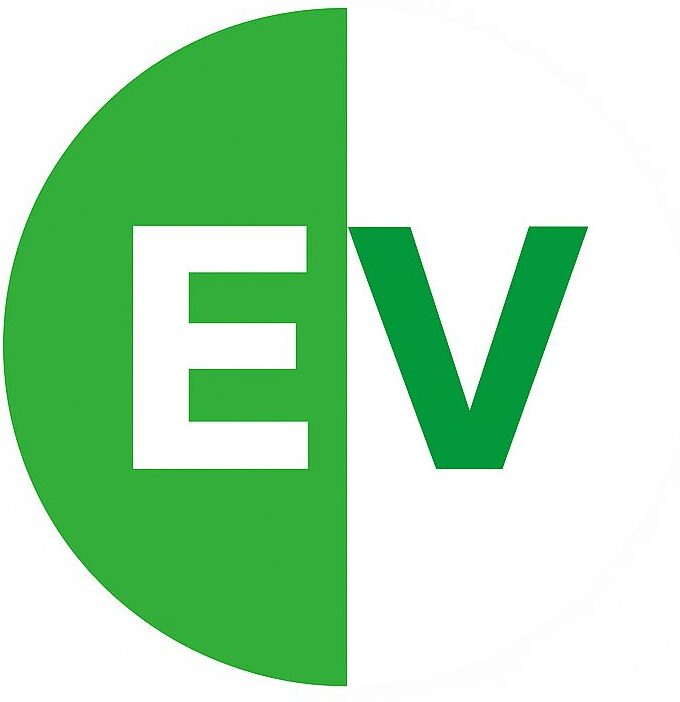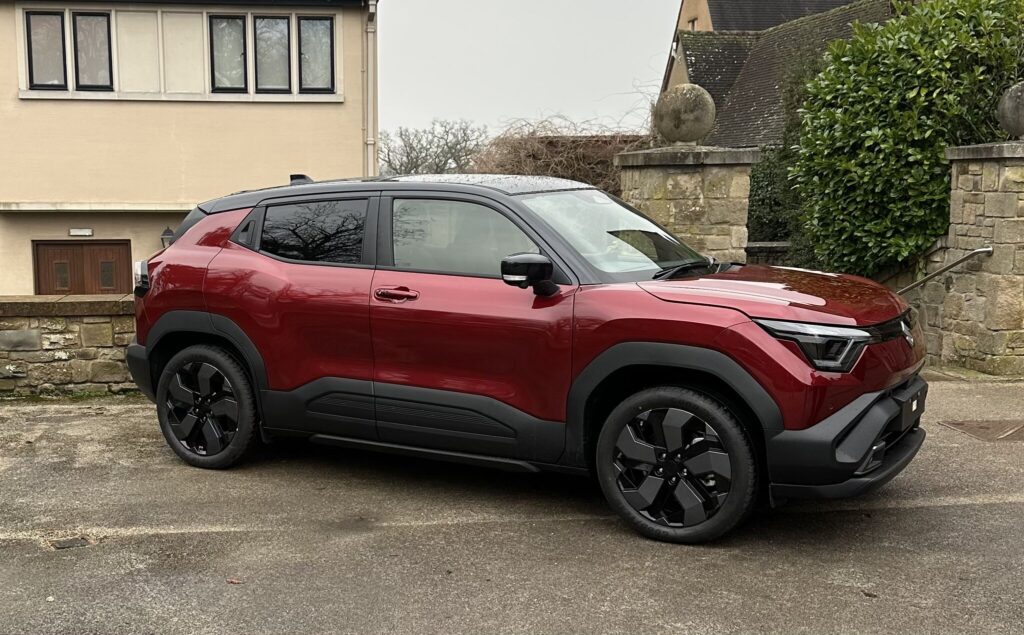
In the sun drenched industrial landscapes of Gujarat a quiet revolution is taking shape. At Maruti Suzuki’s Hansalpur plant, engineers, technicians and trainees are working tirelessly on a vehicle that represents more than just mobility. it is a statement of intent. On August 26, 2025 Prime Minister Narendra Modi flagged off India’s first fully made-in-India Battery Electric Vehicle (BEV) the Maruti Suzuki e-Vitara marking a watershed moment in the nation’s automotive history. This event is not just a domestic milestone. it signals India’s decisive leap into the global electric vehicle arena aiming to export to over 100 countries including Europe, Japan and emerging EV markets worldwide.
For decades, India’s automotive industry has been seen primarily as a producer for domestic demand. While the country manufactured millions of vehicles. it often relied on imported technology for high-end or specialized vehicles. The e-Vitara changes this narrative. Built entirely in India. it is designed to meet stringent international standards positioning the country as a credible player on the world stage. This is a vehicle that carries not only batteries and motors but also the promise of India’s industrial ambition and technical capability.
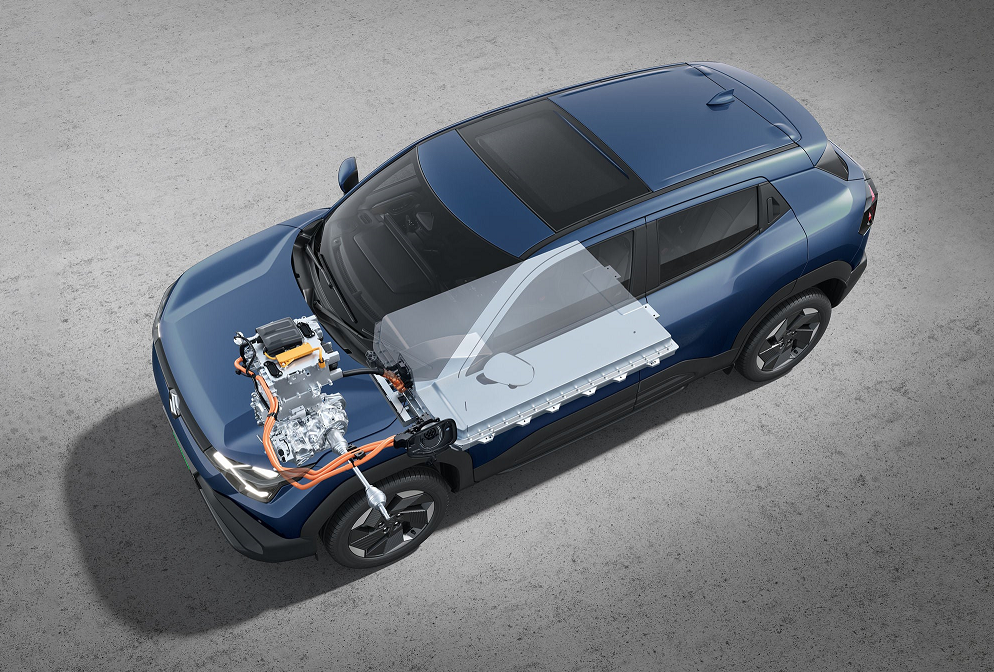
The e-Vitara is built on Suzuki’s dedicated EV platform designed for efficiency, safety and range. With two battery variants a 49 kWh standard-range and a 61 kWh long-range pack. it offers more than 500km on a single charge in the higher variant making it competitive with international models. Its drive options include front-wheel drive and all-wheel drive ensuring versatility for varied terrains and climates. Advanced safety features align with international standards. addressing the exacting requirements of European and Japanese regulators. The e-Vitara therefore is not just a vehicle for export. it is a vehicle capable of global excellence.
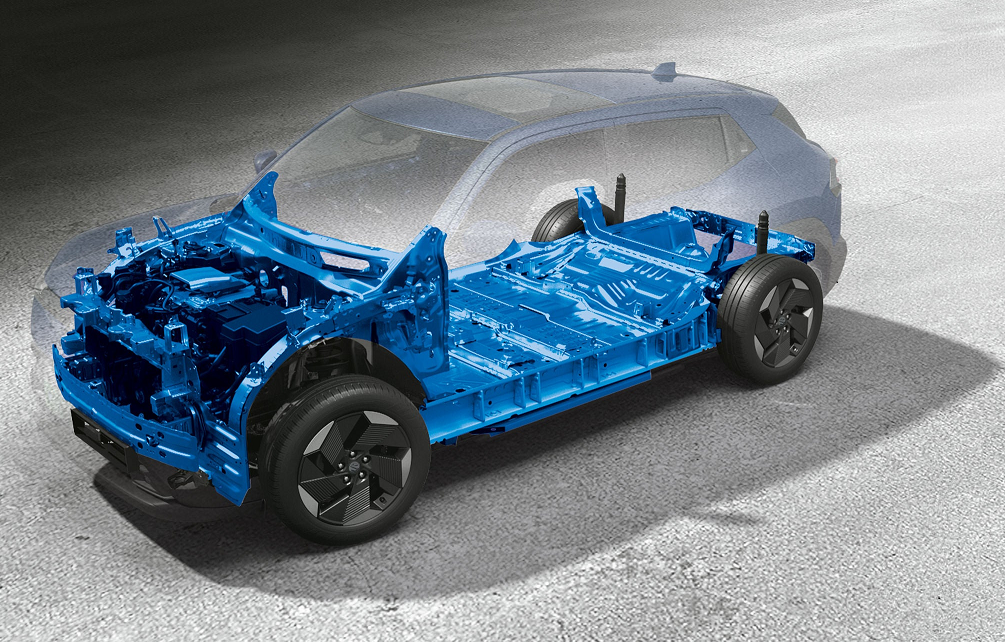
Yet, the e-Vitara’s significance extends beyond the car itself. Its launch coincides with the inauguration of a hybrid battery electrode manufacturing facility in Gujarat developed in collaboration with Toshiba and Denso. This plant is designed to produce over 80% of the battery components domestically reducing import dependence and fostering a self-reliant EV ecosystem. By localizing battery production and combining it with skilled manufacturing India is establishing a supply chain that is both robust and globally competitive.

Economically, the e-Vitara project is transformative Maruti Suzuki has committed an investment of ₹70,000 crore over the next five to six years covering production, research, development and infrastructure. The Hansalpur plant with an anticipated capacity of one million units annually. is set to become one of the largest automotive manufacturing hubs worldwide. This scale not only promises thousands of direct and indirect jobs but also positions India as a strategic node in the global EV supply chain offering both technology and talent to the world.
From a global market perspective the timing could not be more strategic. Worldwide the EV market is expanding rapidly. Europe is enforcing strict emission norms while governments across Asia are incentivizing EV adoption. Japan known for its stringent automotive regulations and technological rigor represents a significant challenge and opportunity. By exporting the e-Vitara to these regions India demonstrates that it can meet high-quality standards, comply with safety regulations and compete with established global brands. This step is not merely transactional. it is a statement of India’s technological maturity and industrial confidence.
At the Japan India Institute for Manufacturing (JIM) young engineers and technicians undergo rigorous training in line with Japanese manufacturing standards. Their hands-on experience and exposure to global quality systems ensure that the workforce is not only prepared for the current production demands but is also capable of innovating for the future. The visits of Japanese executives and industry veterans to the training institutes underscore the global recognition of India’s growing expertise and the collaborative spirit driving the nation’s EV ambitions.
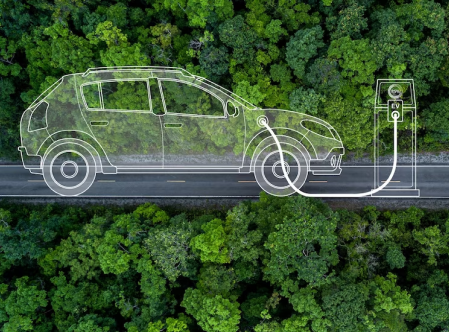
Beyond the technology and economics the e-Vitara aligns with India’s sustainability goals. With a target of achieving 30% EV penetration by 2030. alongside long-term commitments to carbon neutrality the export of Indian EVs underscores the country’s dedication to combating climate change while simultaneously growing its industrial footprint. Each e-Vitara on international roads represents not just India’s engineering skill but also the nation’s contribution to global environmental responsibility.
The ripple effects of this launch are profound. Ancillary industries such as software, electronics, battery materials, logistics and charging infrastructure will all benefit from the growth in EV production and export. India is not merely producing vehicles it is exporting a comprehensive ecosystem of technology, skill and sustainable practice. This holistic approach elevates the e-Vitara project from a manufacturing milestone to a strategic national initiative with global implications.
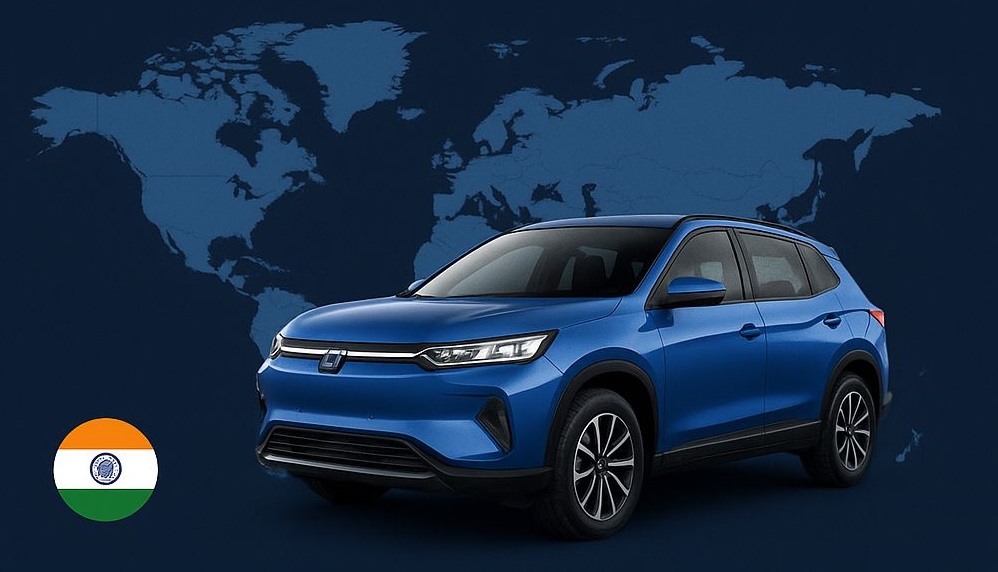
In essence, the Maruti Suzuki e-Vitara is far more than a vehicle. it is a symbol of India’s emergence as a global EV powerhouse. It embodies years of strategic planning, industrial investment and an unwavering commitment to sustainability and innovation. As the first Indian-made EV begins its journey to over 100 countries it carries with it a story of ambition, resilience and the audacious vision of a nation poised to shape the future of mobility on a global scale.
The streets of Tokyo, Berlin, Paris and beyond are about to witness this silent revolution. The e-Vitara gliding through international markets is proof that India is not just entering the EV world .it is asserting its position as a global leader in sustainable cutting-edge automotive technology. For EV enthusiasts, policymakers and global industry observers this moment is a defining one. India has demonstrated that it can deliver not only vehicles but also innovation, quality and a vision for a sustainable future. The question now is not if India can influence the global EV market but how it will continue to lead it with confidence and excellence.

